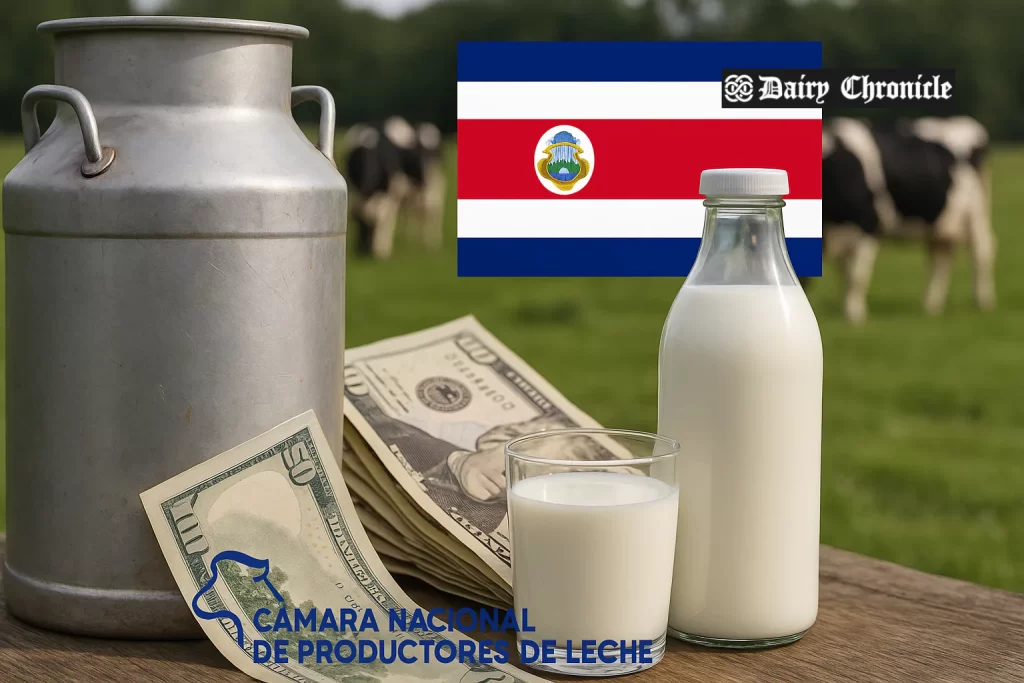The Costa Rican dairy industry is under pressure following the opening of the national market to U.S. dairy imports. Local producers are demanding state intervention, citing high production costs, lack of subsidies, and structural inefficiencies, especially when compared to their well-supported American counterparts. The Costa Rican National Chamber of Milk Producers (CNPL) has raised concerns that without government support, small-scale farmers may not survive the growing competition.
The dairy sector in Costa Rica is sounding the alarm over growing competition from the United States following the full liberalization of the milk market. The Costa Rican National Chamber of Milk Producers (CNPL), which represents local dairy farmers, is calling on the government to implement urgent support measures to ensure the survival of domestic producers.
Ivvania Quesada, President of the CNPL, stated that local farmers face severe disadvantages due to the lack of government subsidies, poor infrastructure, and excessive bureaucracy. These challenges are made worse by the advantages enjoyed by U.S. dairy producers, who benefit from substantial state support and efficient logistics.
This pressure stems from the 2007 Free Trade Agreement (CAFTA-DR), under which Costa Rica agreed to gradually phase out tariffs on U.S. dairy imports. Now, with those protections removed, the domestic market is open to significantly cheaper American products, putting Costa Rican smallholders at a competitive disadvantage.
Despite the industry producing 3.3 million liters of milk daily and employing around 500,000 people, Costa Rica’s dairy sector struggles to stay afloat amid high production costs and outdated supply chains. CNPL argues that without direct intervention through subsidies or updated policies, many small-scale producers may be forced out of the market.
Stakeholders fear this could trigger wider economic consequences, especially in rural areas where dairy farming forms the backbone of local livelihoods. The CNPL insists that strategic support and fair regulation are essential to protect domestic production, ensure food security, and maintain the socio-economic fabric of the region.



